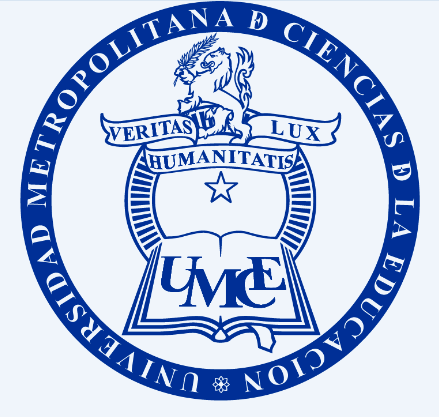Conteúdo do artigo principal
abr 12, 2023
Resumo
Desde hace 50 años, existen diversas propuestas metodológicas en el ámbito de la educación científica que se relacionan directamente con la experimentación en la cotidianeidad. Un claro desafío a la persistencia de la visión tradicional y anquilosada de la ciencia como conocimiento completo e irrefutable, donde su transmisión de docente a estudiante es un ejercicio
de memorización-repetición-obtención de una buena calificación, sin que medie la posición fundamental del método científico dentro del aula: la nueva evidencia necesariamente puede contraponerse a las teorías ya existentes. Mis vivencias personales me han puesto al tanto de dichas ideas; ya sea desde mi posición de estudiante de 2o básico, cuando la profesora de ciencias naturales nos invitaba a plantear hipótesis para explicar el porqué del color rojo de una manzana o en 3o medio al encontrarme con un profesor que lanzaba tiza o arrugaba un papel para demostrar leyes físicas; como junto al pizarrón, desde donde puedo constatar el cambio significativo en la comprensión y el entusiasmo de mis estudiantes cuando se les muestra que la ciencia es cercana y cualquiera puede utilizarla para responder a muchas preguntas cotidianas. El método científico es, simplemente, una extensión formalizada que transforma la curiosidad en herramienta asombrosa.


